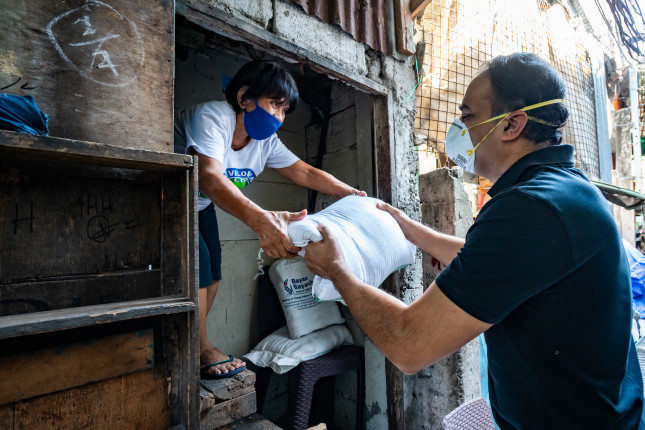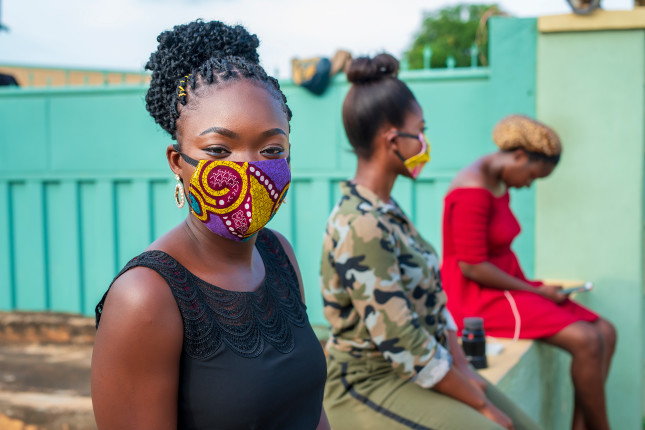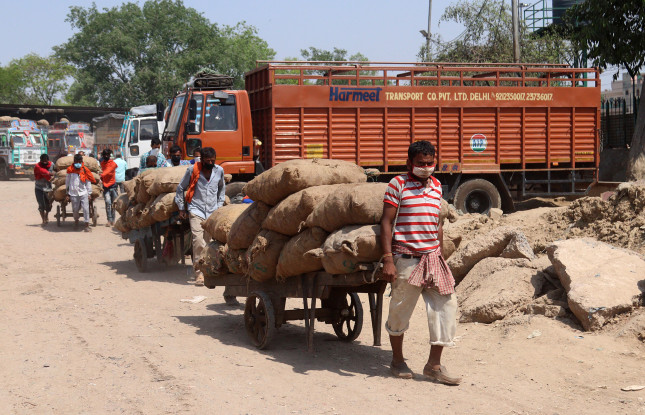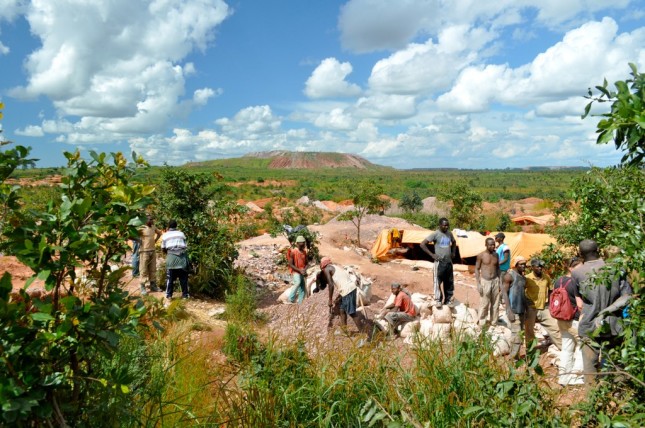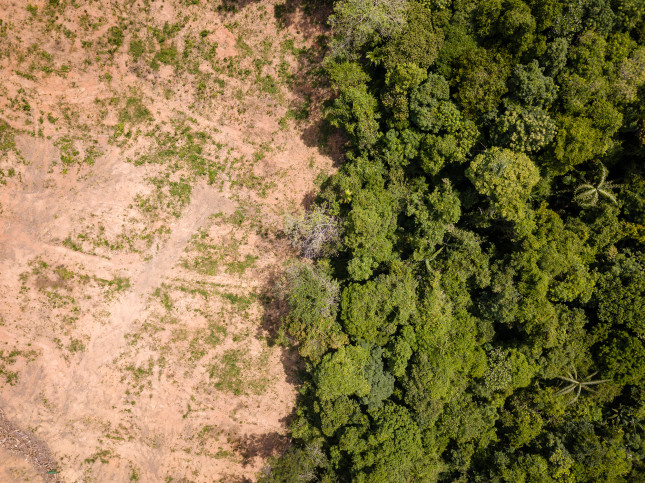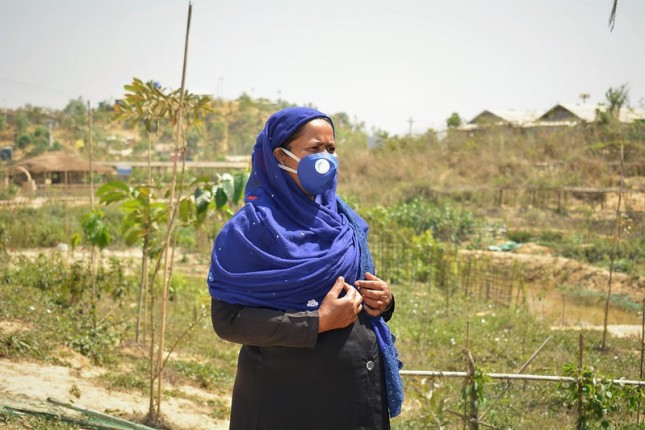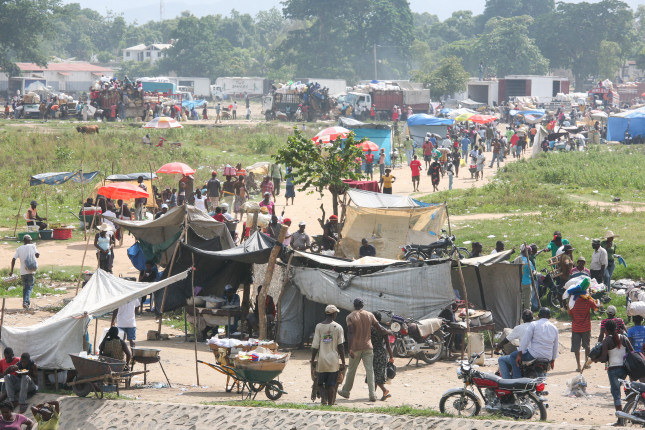-
Divesting Won’t be Enough to Achieve Climate Justice
›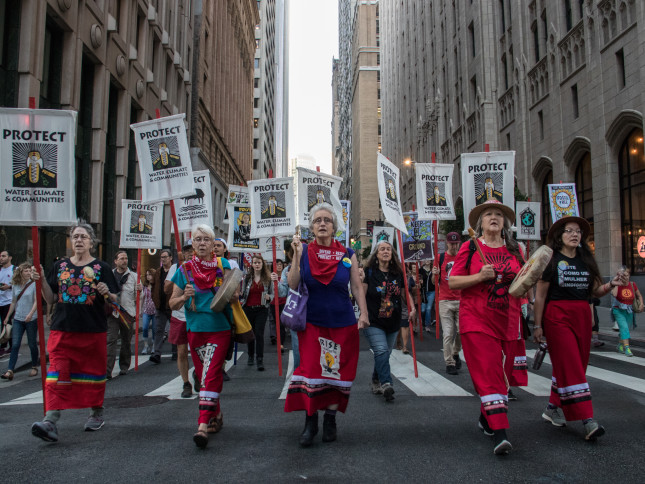
A quiet disruption to the established financial order is underway: Around the world, institutions are pulling their investments out of fossil fuels. Climate activists campaigning for divestment suggest that such economic rearrangements might keep oil, gas, and coal in the ground, curbing carbon emissions. In parallel, some high-profile advocates call for reinvestment in renewable energy. But can the financial sector really drive the structural changes needed to address climate change—and, more fundamentally, climate justice?
-
COVID-19 Reignites Interest in Scenario Planning for Development … But Will It Last?
›
Not since COVID-19 burst onto the scene a few months ago have so many individuals and institutions, outside the business, military, and intelligence communities, woken up to the need for a smart way to characterize and communicate uncertainty. The overwhelming choice for many is scenario planning. Today, scenario planning applies to a wide spectrum of issues, not just international development. It has been used to anticipate changes in higher education, rethink workforce composition, and explore options for individual financial planning.
-
COVID-19 Could Have Devastating Effects on Adolescents’ Sexual and Reproductive Health and Rights
›
In just a single year, a 10 percent decrease in sexual and reproductive health services in low- and middle-income countries could lead to another 49 million women with unmet need for contraception, according to Guttmacher Institute estimates from April 2020. Other possible effects include another 15 million unintended pregnancies, another 28,000 maternal deaths and 168,000 newborn deaths due to untreated complications, and another 3 million unsafe abortions and 1,000 maternal deaths due to unsafe abortions. The implications are staggering in terms of unmet needs, unintended pregnancies, unsafe abortions, and maternal and newborn deaths in 132 countries that are home to more than 1.6 billion women of reproductive age (15–49 years).
-
COVID Crisis in India: Migrant Workers Exposed to Further Exploitation
›
In India, COVID-19 has put the spotlight on migrant workers’ precarious working conditions. First, the sweeping lockdown left many workers jobless, forcing them to walk hundreds of kilometers to their native villages. Now, in a reaction to the coronavirus, states are loosening labor laws in a bid to get their economies up and running. As a consequence, migrant laborers have to work even more hours.
Punjab and Gujarat amended their Factories Act in April, increasing the work time to 72 hours every week. Rajasthan has upped working hours from 8 to 12 hours per day. Uttar Pradesh (UP) has exempted companies from almost all labor laws for the next three years. The relaxed UP laws relate to occupational safety, health, and working conditions, and those that pertain to contract workers and migrant laborers.
-
Cobalt is Critical to the Renewable Energy Transition. How Can We Minimize its Social And Environmental Cost?
›
Its name conjures an image of vivid deep blues. But when cobalt is dug out of the ground in ore form, there’s barely a hint of the rich hue it lends its name to. In the Democratic Republic of the Congo, which produces more than half of the world’s supply, it takes the form of heterogenite, a dull brownish mineral that could easily be mistaken for small clods of dirt.
But people die for this mineral. Children suffer for it. Livelihoods, educations, neighborhoods, environments and personal safety are sacrificed for it.
-
How Environmental Geopolitics Expands Our Understanding of Risk and Security
›
The coronavirus has everyone weighing risk and security within a sliding scale of geographic connections and boundaries. Dots and circles of infection pack our virus maps. We more clearly see the fragility of commodity chains that structure our food systems and energy supplies. The virus easily crosses state borders while security protocols within states have been focused on boundaries between individuals and speech droplets. In many ways, human interaction with this microbe illustrates why an environmental geopolitics perspective is powerful.
-
Pandemic Preparedness: Strengthening Family Planning Policies Today to Secure Essential Services for Tomorrow
›
With the arrival of COVID-19, countries are experiencing disruptions of health services of all kinds— health workers have been redeployed, supplies already in short stock are even more difficult to find, scarce financial resources for health are being reallocated, and routine health services are less, if at all, available. COVID-19 is causing facilities to lockdown in some settings, in part because many providers lack sufficient personal protective equipment (PPE) to safely provide services. At the same time, many clients—particularly those seeking family planning and reproductive health (FP/RH) services—cannot access services at all. This is due to a confluence of factors: police action is preventing movement; facilities are shutting their doors; many people are fearful of contracting the virus; in some cases, women are forbidden from leaving their homes by a partner.
-
Haitian Migrants: Hidden Faces of Human Trafficking in the Dominican Republic
›
Haitian migrants to the Dominican Republic are particularly vulnerable to human trafficking, yet antitrafficking initiatives tend to overlook them. The paradox plagues much antitrafficking research and policymaking. The same factors that make people vulnerable to trafficking—race, class, gender, immigration status—also exclude them from initiatives to protect them.
In the case of Haitian migrants, being black, poor, and mostly men with an irregular immigration status means they are more likely to be viewed as smuggled persons (and therefore as criminals) rather than as trafficked persons (and therefore as victims). Correcting this problem requires a focus on human security rather than on state security. And a greater appreciation of the structural causes of vulnerability to human trafficking is needed.
Showing posts from category Guest Contributor.


